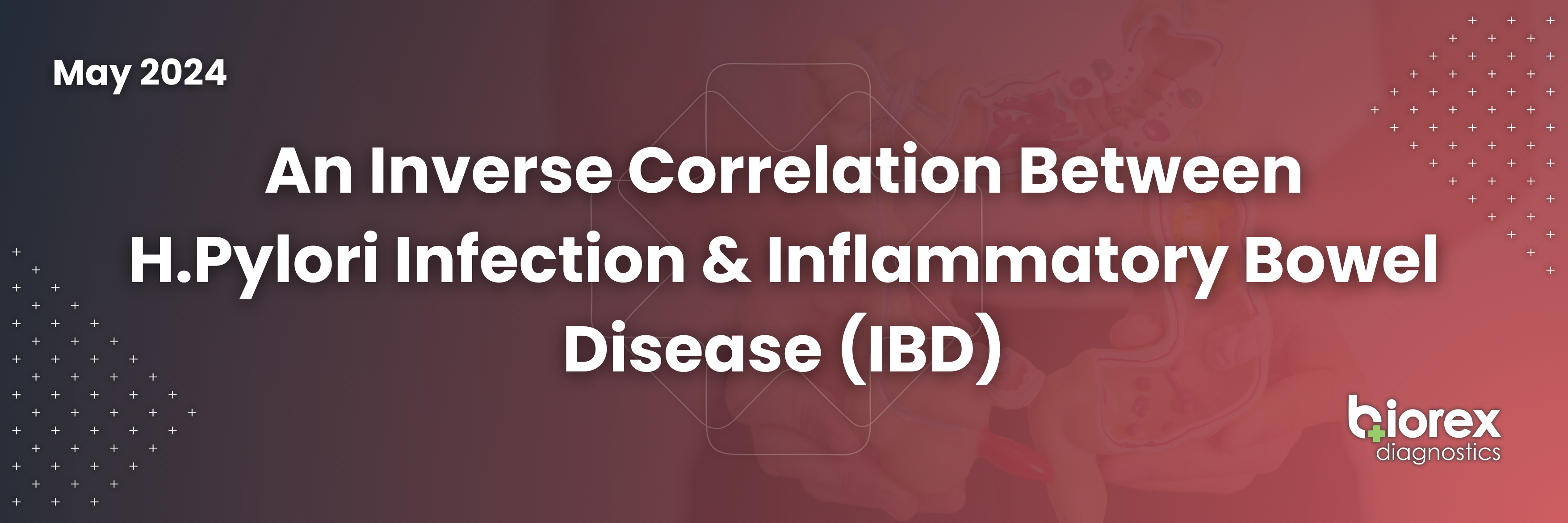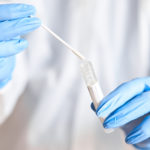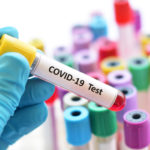
An Inverse Correlation Between H.Pylori Infection & Inflammatory Bowel Disease (IBD)
An Inverse Correlation Between H.Pylori Infection & Inflammatory Bowel Disease (IBD)
In the field of medical research, the exploration of unforeseen correlations frequently paves the way for groundbreaking findings. One such revelation that has garnered considerable interest from scientists and clinicians alike is the inverse association between Helicobacter pylori (H. pylori) infection and Inflammatory Bowel Disease (IBD). Historically regarded as a gastric pathogen associated with peptic ulcers and gastric cancer, recent investigations have illuminated the unexpected protective role of H. pylori against the onset of IBD ¹.
Understanding H. pylori and IBD
Before exploring the inverse correlation, it’s essential to understand the fundamentals of H. pylori and IBD. H. pylori is a helical-shaped bacterium that inhabits the stomach lining, inducing chronic inflammation and playing a pivotal role in the pathogenesis of gastritis, peptic ulcers, and gastric cancer. Conversely, IBD comprises a spectrum of chronic inflammatory conditions affecting the gastrointestinal tract, primarily including Crohn’s disease (CD) and ulcerative colitis (UC). These disorders manifest through recurrent bouts of inflammation, presenting symptoms such as abdominal pain, diarrhea, and rectal bleeding ¹.
Unravelling the Paradox
The paradoxical association between H. pylori infection and IBD initially surfaced in epidemiological studies, consistently revealing a lower prevalence of H. pylori among IBD patients compared to the general populace. Furthermore, in regions endemic to H. pylori, the incidence of IBD tends to be lower, providing further evidence for the inverse correlation ².
Potential Mechanisms
Several hypotheses have emerged to clarify the mechanisms behind this inverse correlation. One proposition suggests that H. pylori might regulate the immune response to curb excessive inflammation in the gastrointestinal tract, thereby safeguarding against IBD development. Moreover, H. pylori-induced inflammation in the gastric mucosa could divert the immune system’s focus away from the intestines, potentially reducing the likelihood of IBD ³.
Additionally, H. pylori infection has been linked to changes in gut microbiota, fostering the proliferation of beneficial bacteria with anti-inflammatory properties. This microbial imbalance prompted by H. pylori could play a role in suppressing the onset of IBD ³.
Clinical Implications
The identification of the inverse relationship between H. pylori infection and IBD carries significant implications for clinical practice. While eradicating H. pylori is standard practice for treating peptic ulcers and preventing gastric cancer, clinicians must carefully assess the potential risks and benefits when dealing with patients with IBD 2. Eliminating H. pylori in this patient group might inadvertently heighten the risk of developing or exacerbating IBD symptoms. Conversely, some researchers have suggested utilizing H. pylori as a therapeutic agent for IBD. By leveraging the bacterium’s immunomodulatory properties, novel treatments targeting the inflammatory processes could be developed ².
Future Directions
Although there is an increasing amount of evidence supporting the inverse relationship between H. pylori infection and IBD, numerous questions still linger. Future research should prioritize uncovering the exact mechanisms at play and investigating potential therapeutic strategies ³.
Furthermore, further studies are required to evaluate the long-term impact of H. pylori on the progression and clinical outcomes of IBD. A deeper understanding of this intricate association could lead to more tailored approaches in managing IBD and potentially leveraging the therapeutic benefits of H. pylori ².
Conclusion
In conclusion, the discovery of the inverse correlation between H. pylori infection and IBD challenges our conventional understanding of these conditions. While H. pylori has long been vilified as a gastric pathogen, emerging evidence suggests that it may play a protective role against the development of IBD. This unexpected finding opens new avenues for research and has the potential to revolutionize the management of IBD in the future. As we continue to unravel the complexities of this intriguing relationship, one thing remains certain: the interplay between H. pylori and IBD is a captivating puzzle with far-reaching implications for both basic science and clinical practice.
How Biorex Can Help
Biorex offer the following H.pylori kits in ELISA and Rapid Test Formats:
| Description | Cat Code | Kit Size | Category |
| Helicobacter Pylori, IgA | BXE0672A | 96T | ELISA |
| Helicobacter Pylori, IgG | BXE0673A | 96T | ELISA |
| Helicobacter Pylori, IgM | BXE0674A | 96T | ELISA |
| Helicobacter Pylori Test Device (Faeces) | HPYFC020 | 20T | Rapid Diagnostic Tests |
| Helicobacter Pylori Test Device (Faeces) | HPYFC040 | 40T | Rapid Diagnostic Tests |
| Helicobacter Pylori Test Device (WB/Serum/Plasma) | HPYC0020 | 20T | Rapid Diagnostic Tests |
| Helicobacter Pylori Test Device (WB/Serum/Plasma) | HPYC0040 | 40T | Rapid Diagnostic Tests |
| Helicobacter Pylori, Strips | HPS00050 | 50T | Rapid Diagnostic Tests |
Quote our promotional code ‘IBD24’ for a discount on the above products.
References
- World Health Organization (WHO). Inflammatory Bowel Disease. https://platform.who.int/mortality/themes/theme-details/topics/indicator-groups/indicator-group-details/MDB/inflammatory-bowel-disease (accessed 23 April 2024).
- World Gastroenterology Organisation. Inflammatory Bowel Disease (IBD). https://www.worldgastroenterology.org/guidelines/inflammatory-bowel-disease-ibd/inflammatory-bowel-disease-ibd-english (accessed 23 April 2024).
- National Library of Medicine. Helicobacter pylori infection and inflammatory bowel disease: Is there a link? https://www.ncbi.nlm.nih.gov/pmc/articles/PMC4047323/#:~:text=Many%20studies%20have%20reported%20that,a%20protective%20role%20of%20H (accessed 22 April 2024).







